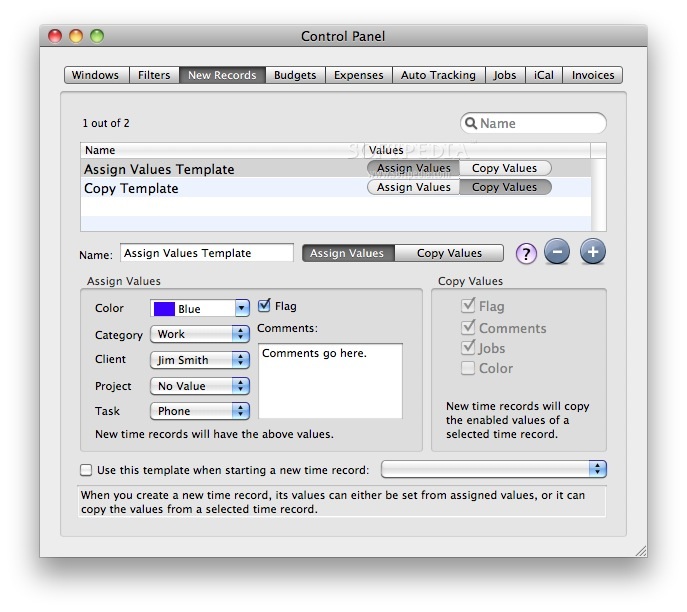

Nielsen, Mogens Grue, Klaus Lecouat, Francois Results of system performance are presented.Įxpert operator's associate: A knowledge based system for spacecraft control PVDaCS produces a certification value derived from expert knowledge and an analysis of the instrument's operation. A key element of the system design is the representation of an expert's knowledge through the usage of well ordered sequences. The resulting rule- based system, called PVDaCS (Pioneer Venus Data Certification System), is a functional prototype demonstrating the concepts of a larger system design. Issues of automatic certification are explored by designing a knowledge-based expert system to certify data from a scientific instrument, the Orbiter Ultraviolet Spectrometer, on an operating NASA planetary spacecraft, Pioneer Venus. Knowledge-based expert systems offer the ability to certify data electronically without the need for time-consuming human interaction.

On-line data management techniques to certify spacecraft information are mandated by increasing telemetry rates. PVDaCS - A prototype knowledge-based expert system for certification of spacecraft data Among other recommendations, it is suggested that the integration of hypertext and expert systems makes the resulting synergistic system highly efficient. The hypertext display allows the integration of multiple knowlege representations such as clarifications or opinions, and thereby allows the performance of a broad range of tasks on a single machine. Hypertext is used to capture the technical information with respect to four issues including procedural, materials, test, and classification issues.

The EHC expert system is based on rapid prototyping in which primary knowledge acquisition from experts is not emphasized the explosive hazards technical bulletin, technical guidance, and minimal interviewing are used to develop the knowledge-based system. The knowledge-acquisition strategy developed for the Explosive Hazards Classification (EHC) Expert System is described in which expert systems and hypertext are combined, and broad applications are proposed. Lafferty, Larry Taylor, Greg Schumann, Robin Evans, Randy Koller, Albert M., Jr. Techniques for capturing expert knowledge - An expert systems/hypertext approach Six college freshmen, who were enrolled in an honors physics course, used an expert system to create questions, decisions, rules, and explanations… The refinement of the cognitive knowledge base was studied through exploration of the transition from novice to expert and the use of an instructional strategy called novice knowledge engineering. Students' Refinement of Knowledge during the Development of Knowledge Bases for Expert Systems. This system will benefit people who wish to increase health awareness and seek expert knowledge on the diseases by performing self-diagnosis for early disease detection. Web based technology is used as a platform to disseminate the information to users in order for them to optimize the information appropriately. Sets of rule and fact are managed in the knowledge based system. At present, three diseases are included which are arthritis, thalassemia and pneumococcal. Expert system reasoning technique is employed in the system to enable information about treatment and prevention of the diseases based on given symptoms. Hence, a Web- based Community Center for Healthcare Diagnosis system is developed based on expert system technique. This strategy should be emphasized so that people can utilize the information correctly as a reference to enjoy healthier life. Therefore, a computer based system is developed to serve as an alternative for people to self-diagnose their health status based on given symptoms. Attention should be given to raise awareness and implementing appropriate measures to improve health care. The role and importance of healthcare systems to improve quality of life and social welfare in a society have been well recognized. Integrated Knowledge Based Expert System for Disease Diagnosis SystemĪrbaiy, Nureize Sulaiman, Shafiza Eliza Hassan, Norlida Afizah Afip, Zehan Addresses concerns related to materials selection and forecasts future developments in the teaching of materials engineering. Describes an expert system from the viewpoints of a computer programmer and an applications expert. ERIC Educational Resources Information Centerĭiscusses the nature and current state of knowledge-based systems and expert systems.


 0 kommentar(er)
0 kommentar(er)
